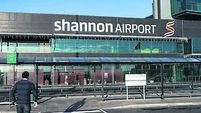US troops move in as Saddam's fighters flee Mosul
American forces advanced into Iraq’s third city today, as the coalition continued to seize control across the north of the country.
Fighters loyal to Saddam Hussein reportedly abandoned Mosul and American Defence Secretary Donald Rumsfeld said US troops were entering the city.














